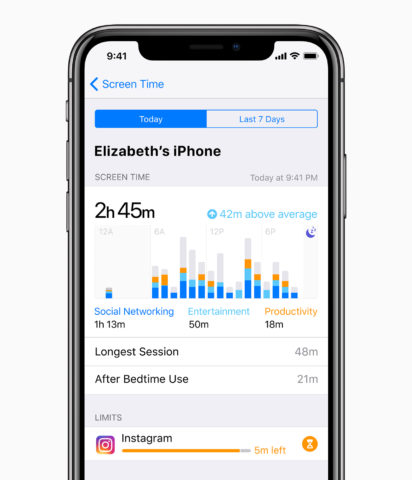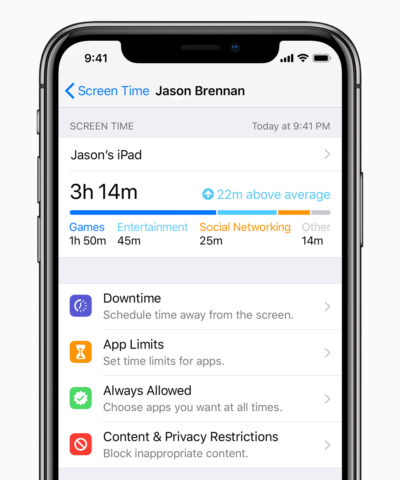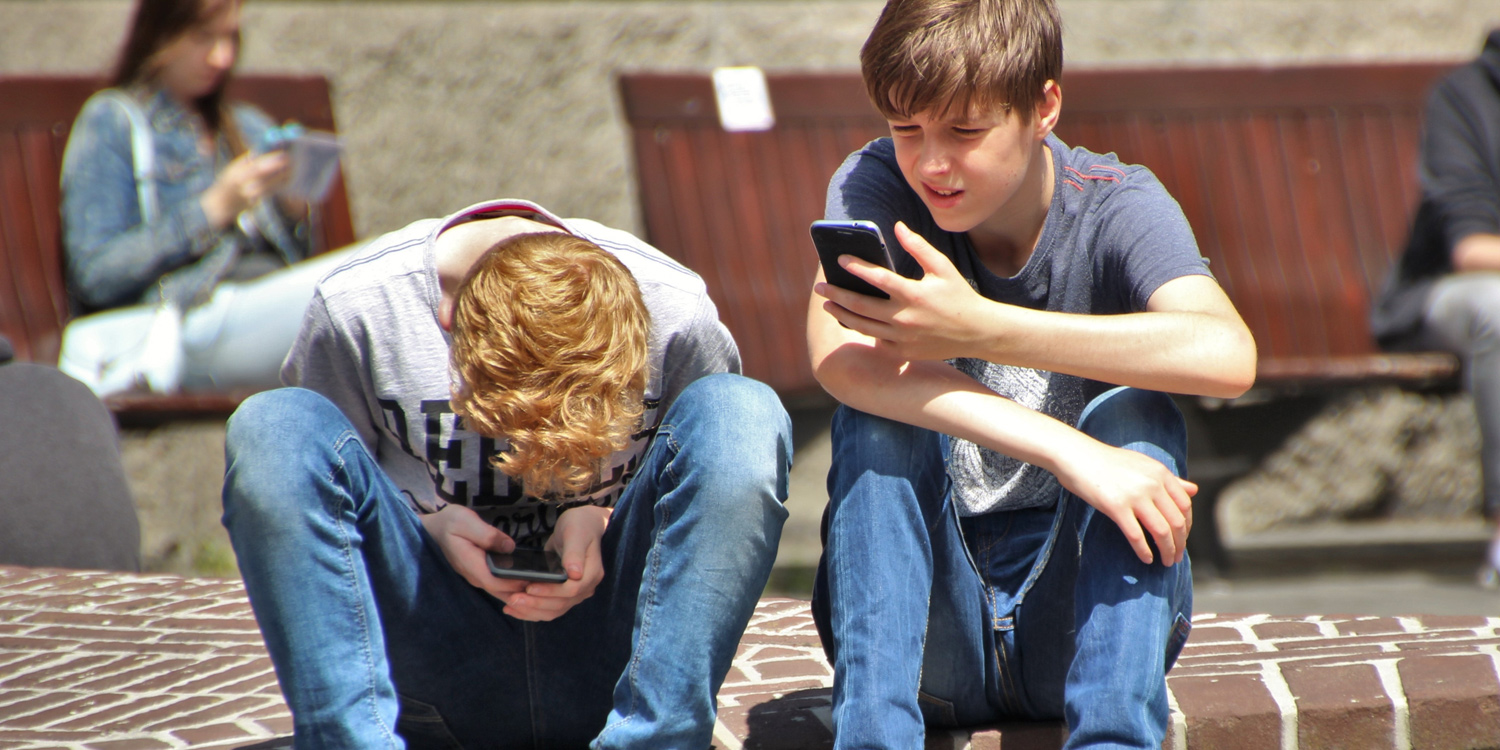Don’t make screen time scream time
Assumptions can be dangerous. Take Screen Time, Apple’s upcoming system in iOS 12, which enables you to monitor iPhone usage, and limit access to specific content or apps when you blaze past a user-defined allocation. At worst, it seems benign; for many people, it will be useful. It’s not easy to bat away an Instagram habit when cold, hard data is in your face, stating you’ve spent eleven hours in the app this week alone – and it’s only Tuesday.

But as Apple revealed more details at WWDC 2018, it stumbled into problematic territory. Because Screen Time isn’t just about you – if you’ve children with their own Apple IDs, it enables you to dictate what they can do on their devices as well.
Lockdown
For parents, it’s undoubtedly tempting to embrace a system where it’s possible to tightly define what children can do with a device – and then see what they’ve been using and which websites they’ve visited. For very young children, it’s sensible to whitelist only key apps, games and websites. But for older children, there’s a big risk to autonomy, privacy and trust.
In part, this stems from a widespread belief that technology is bad, and it’s therefore good parenting to restrict children’s access. Yet the further back you head, the more absurd the warnings become: children ruined by the “compelling excitement of the loudspeaker” in the 1930s, of the written word in the 1500s, and even of writing itself, in Socrates’ day.

This was of course nonsense then, just as it’s nonsense now to paint the likes of an iPhone as an evil that will ruin a child’s life. Often, it can be a lifeline to support networks, a device for entertainment, and a place for private thoughts. Locking –particularly older – children away from that, or, worse, rifling through their browsing history, seems like an egregious breach of trust.
Think smarter
Whatever your thoughts, the genie is imminently going to be released from the bottle, and so we find ourselves having to face tough questions, and cannot opt for the easy option and pretend it will be in everyone’s best interests. A smarter route is perhaps for parents to examine their own behavior and set an example.

Rather than grumbling about kids being glued to screens but pulling out an iPhone in every free moment, they should look at using Screen Time themselves. Then rather than imposing the system on their children, they could teach them how to use it. This will give said kids the autonomy to make smart decisions, and avoid violations of privacy that could echo down the years and create problems that can’t be solved by tapping a button on a glass screen.

